

“The ability to control time could be very useful,” says your fictional Presidente after one of Tropico 4's optional tutorials. Really, that sums up the game pretty well. You're an island dictator who's capable of, well, pretty much whatever he damn well pleases. You can slip on your goodie two-shoes, kiss a few babies (and a few more asses), and climb to the top the hard way, or you can bulldoze your glorious tropical paradise to make way for a menagerie of military bases. Sorry, rebellious types, them's the breaks. And by “them's,” we mean “your kneecaps.” And by “breaks,” we mean, well, you know. Our point is you've got some serious power – including, yes, limited time control. Like many politicians, though, El Presidente's incredible promise lacks substance. Dig beneath the surface, and there's really not much to see.
Above: Yeah, take a look at that, Democracy. What have you done for us lately?
Here's the thing: Tropico 4 is an incredibly open game. Sure, there are mid-mission quests periodically given out by advisors, foreign diplomats, and their ilk, but there's no real tension pressing a knife against your throat. As a result, it's incredibly liberating for a bit – which is a tad ironic, given that this is a game about, you know, iron-fisted oppression. However, as time wears on, the incredibly sexy dictator lifestyle devolves into rote day-in, day-out repetition. Fun as your first many hours with the game are sure to be, there's simply not much here.
See, you're given access to all manner of piggy bank-stuffing revenue streams, each with their own paths toward glorious industrialization. Yet there's barely anything to it. Let's say you're working with gold mines. There's money to be made there, sure, but that's hardly worth cackling maniacally while pelting puppies with stolen baby candy over. Your next step, then, is to get a jewelry factory up and running. Now you're in business, right? Well, yeah, but not big business. Now fine jewelry? That's where the money's at. And that's also where the tech tree ends. Three steps. No branches. Other resources are similarly straightforward.
Granted, there's more to Tropico 4 than making sure that your various money trees take root. Foremost, your duties involve dealing with various factions both on your island and abroad. If, say, stomachs start rumbling or your citizens go coo-coo for communism, you could be looking at anything from a ragtag force of rebel pests to a full-on invasion from the good ol' US of A. It's a precarious balancing act, to be sure, and one that can create some incredibly high stakes situations. Again, though, after those first many hours, you might realize it's just a case of 27th-verse-same-as-the-first. Don't expect to find a magical wonderland of infinite fun on the other side of this rabbit hole. It's pretty shallow.
Above: Not pictured: The environmentalist faction never shutting up ever
Similarly, the in-game Almanac – which keeps tabs on your economy, foreign relations, faction standings, and things of the like – lays out the recipe for success without taxing your brain too much, and the aforementioned mid-mission quests keep you from accidentally bumbling your way into World War III. Initially, it's a fantastic safety net. Even if you've never touched a Tropico game before, you won't feel like a fish out of water. On the flipside, though, Tropico 4's lack of depth and newfound (at least, in comparison to Tropico 3) focus on mid-mission direction join forces to forcibly declaw the game's difficulty level.
There is, however, an exception to that rule: citizens. Even during the best of times, they can run you over in their well-traveled whaaambulance, and you'll probably never see it coming. Sometimes, it's no problem. Throw them a bone and they'll clam up instantly. Other times, though, they'll throw out some outrageous demand you simply can't meet. Sadly, there's rarely a middle ground. On the upside, this is Tropico we're talking about. If they piss you off too much, there's always the option to burn their precious landmarks to the ground, outlaw leaving the island, and tell the police to find their kneecap-busting sticks.
Above: They want to keep their kneecaps, of course, because waterslides
If you're a longtime Tropico fan, this is all probably starting to sound awfully familiar. And that's because it is. As far as core game changes go, there's very little new content here. Sure, you can hire ministers now, but they're basically just an extra barrier between you and Tropico 3's familiar set of policy-altering edicts. Natural disasters have also entered the picture to stir up some trouble in your paradise, but again, we're talking about a minute change. Worse still, entire building models, menu screens, and other UI bits have been lifted wholesale from Tropico 3. Which – if you think about it – sounds like some kind of evil dictator scheme: “First a glorified expansion packaged as a sequel, and then... the world!” This is the gaming industry. We've killed Hitler, like, a million times. We don't take shit from evil dictators.
It's tough, then, to recommend Tropico 4 to experienced players. If the closest you've ever gotten to a banana republic is inside your local mall, however, Tropico 4 is definitely your best entry point into the series. It's certainly got the “accessibility” part down, and – despite its lack of long-term appeal – it's a uniquely humorous city builder that's worth a look on the merits of its well-honed core mechanics alone. As a sequel, though, Tropico 4's just passable. If only its developers had time control powers; then maybe they'd have eased off the fast forward button and taken the time to flesh out their game.
Sep 13, 2011
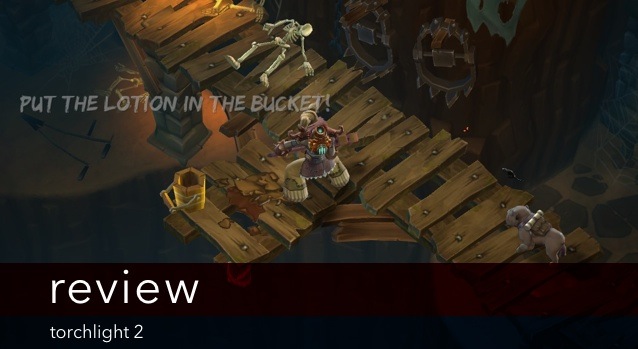


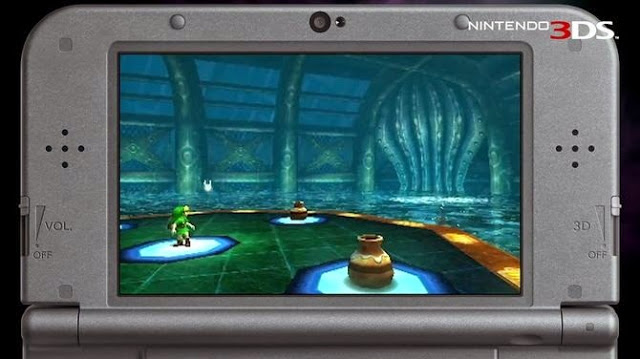
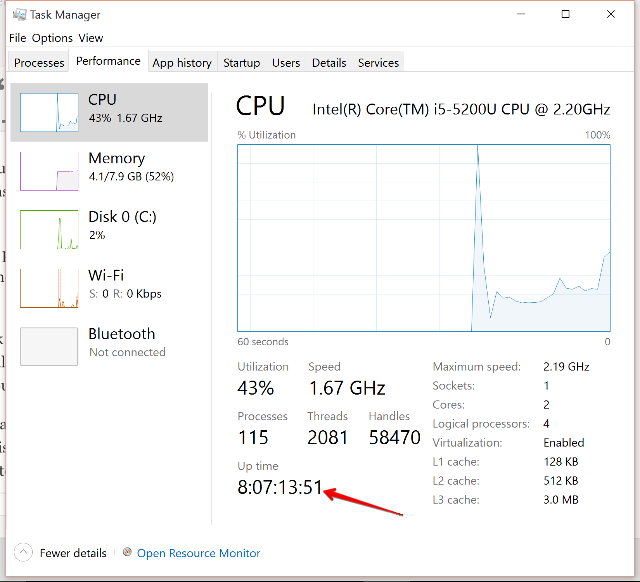 How to Quickly Find the System Uptime in Windows 10
How to Quickly Find the System Uptime in Windows 10 The Pros and Cons of Using a Microsoft Account with Windows
The Pros and Cons of Using a Microsoft Account with Windows Aggregate Herald - Early Edition April 5 2012: And Still the Effect Masses On
Aggregate Herald - Early Edition April 5 2012: And Still the Effect Masses On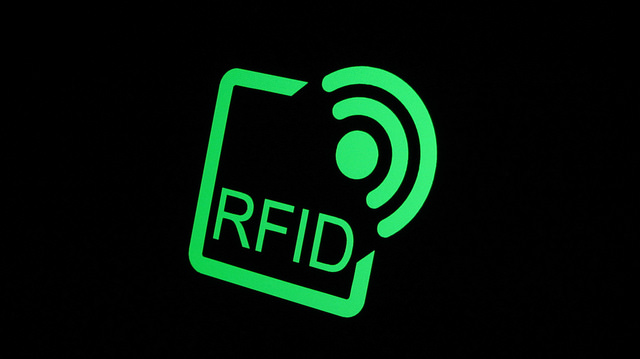 5 Myths About RFID Chips and Why You Shouldn't Worry
5 Myths About RFID Chips and Why You Shouldn't Worry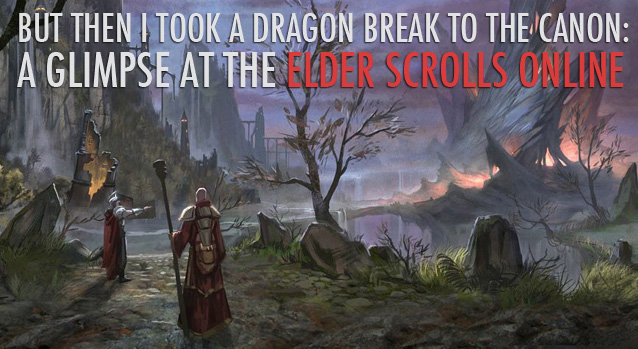 But Then I Took a Dragon Break to the Canon: A Glimpse at The Elder Scrolls Online
But Then I Took a Dragon Break to the Canon: A Glimpse at The Elder Scrolls Online